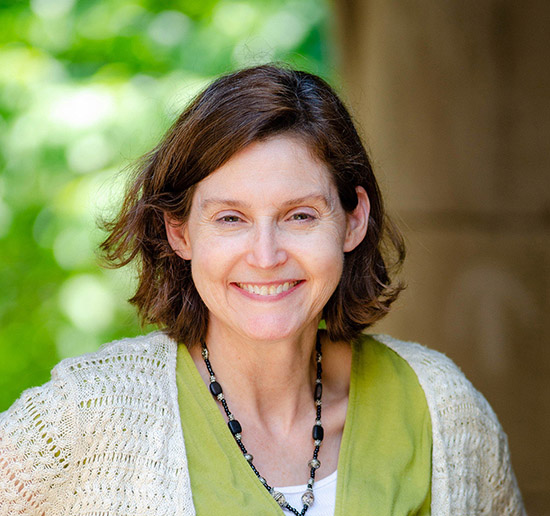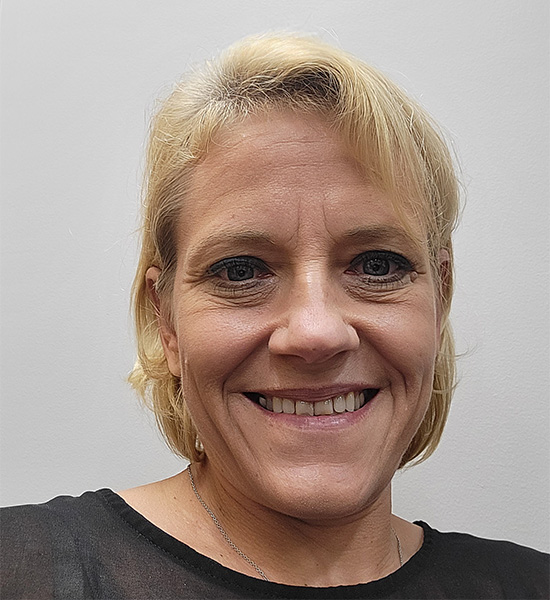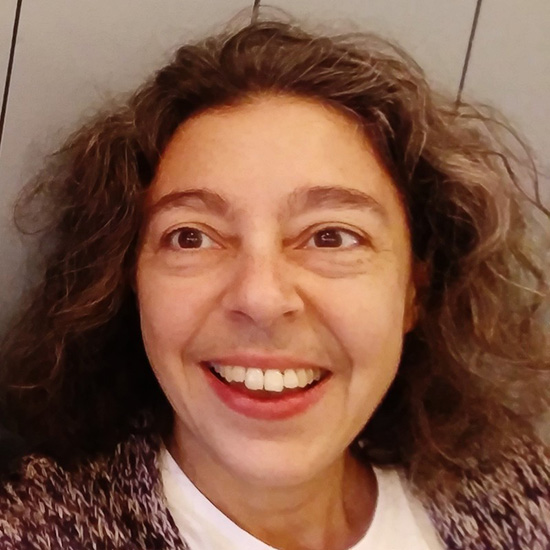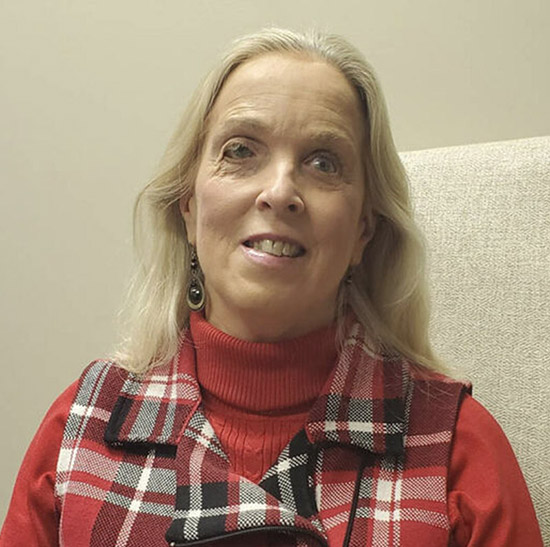Members of the disability community and disability advocates will discuss the experience of living and working with a disability at an upcoming virtual panel discussion. The UT Libraries’ Diversity Committee invites the public to join the discussion from noon to 1:30 p.m., Wednesday, September 28, via Zoom at tiny.utk.edu/erased (Passcode: 4QMc0K).
Earlier this year, an article in The Lily proclaimed, “As disabled women, our lives have always been erased. But in a pandemic, they’re urgently at stake.” The article inspired our upcoming event.
The authors of the article were dismayed by remarks from the director of the Centers for Disease Control that seemed to imply it was somehow less alarming that the vast majority of deaths from COVID-19 occurred among the chronically ill or disabled.
There was an immediate backlash from disability activists, who characterized those remarks as saying the quiet part out loud — a reflection of our ableist culture which considers disabled lives a burden on society and, therefore, less worthy.
Our panelists will discuss barriers faced by people with disabilities and ways to create a more inclusive society based on equal access and full participation. The UT Libraries’ new accessibility coordinator will moderate the panel discussion. Panelists include:
(Moderator) Leigh Mosley is the Accessibility Coordinator for the UT Libraries. At the Libraries, she works with the vendors of electronic resources to help them to troubleshoot accessibility obstacles and to create roadmaps to meeting the accessibility standards required by federal regulations, the University, and recognized best practices. She also conducts usability audits of new and existing resources and designs practical remedies to mitigate common issues, while advocating for improvements. Leigh understands that the ability to fully access learning materials in a timely manner — regardless of physical or neurological impairments/differences — is critical to an inclusive learning environment.
Stephanie Cook is the Americans with Disabilities Act (ADA) Coordinator for the City of Knoxville, Tennessee, where she has been employed since 1998. Some of her responsibilities include receiving and investigating complaints, managing reasonable accommodation requests for constituents and employees as well as ensuring that City facilities, programs, and policies are accessible to and inclusive of people with disabilities and seniors. Stephanie experienced a spinal cord injury in 1987 and has been a person with a disability since that time, providing her with decades of experience to share in order to help our community be as welcoming to people with disabilities and seniors as possible.
Chris Maguire is a former University of Tennessee, Knoxville, staff member currently working at Vanderbilt University, and is an alum of the University of Tennessee, Martin. She is a lifelong learner who enjoys working in an adaptive, collaborative, flexible, and positive environment. Chris is a strict vegetarian and ardent environmentalist who loves reading and spending time outdoors when possible (especially al fresco at the café!) and with her family. In life, as in work, Chris is a work in progress!
Katherine Moore is the Executive Director of the disABILITY Resource Center located in both Knoxville, Tennessee, and southeast Kentucky. She has been employed by dRC since 2001; beginning as an IL Specialist, then a Community Coordinator, on to Interim Director, and was named the Executive Director in 2019. Katherine serves on the board of directors for Disability Rights TN, the board of directors for the TN Disability Coalition and the Master’s Level Occupational Therapy Advisory Board for TN Wesleyan University. She has previously served on the Knoxville Mayor’s Council On Disability Issues for numerous years and the Knox County ADA Advisory Committee. “Being born with a disability that is both seen and unseen has given me a perspective where I can easily understand individuals who live as a person with a visible and invisible disability, and the stereotypes and myths that go along with both. Advocating for disability civil rights, even before the ADA was written and voted into law, has provided me with the wisdom that people have their stories from all walks of life and they need to be heard.” Katherine has two children and three grandchildren. Her favorite pastimes are playing the piano and taking long walks with her beautiful black lab guide dog.



